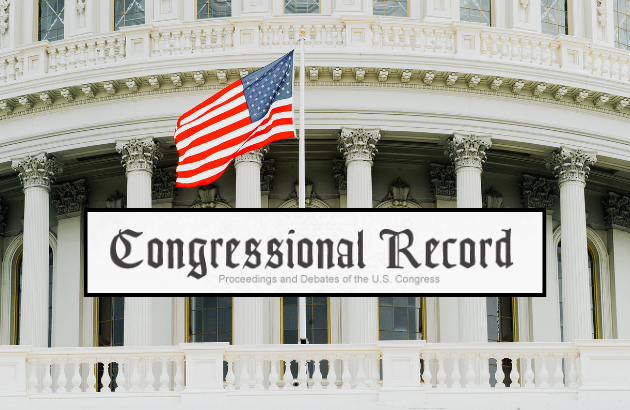Blog
Researching Pennsylvania Statutes
Researching Pennsylvania statutes can be confusing. Currently, Pennsylvania does not have one “official” publication that includes all current Pennsylvania laws. Instead, the current Pennsylvania statutes are split into two groupings: Consolidated and Unconsolidated. Because of this, multiple resources should be used when researching Pennsylvania statutes.
The Consolidated Statutes are those that the Pennsylvania legislature has grouped by subject. The Consolidated Statutes have the citation Pa.C.S.
The official Consolidated Statutes are available online from the Pennsylvania General Assembly. Users can search by keyword, search by title and section number, and browse by title. A print copy of the consolidated statutes is prepared by the Legislative Reference Bureau and is available at Jenkins. These statutes are unannotated, meaning they do not provide additional references or a list of relevant case citations.
Prior to 1970, all Pennsylvania statutes were unconsolidated. Research was done by using either the pamphlet laws (acts) or an unofficial compilation of laws. In 1970, the Pennsylvania legislature passed the Consolidated Pennsylvania Statutes Act (Nov. 25, 1970, P.L. 707, Act 230) “[i]n order to facilitate the codification and compilation of the law of this Commonwealth”. This is an on-going project and not all Pennsylvania laws have been consolidated. Because of this, researchers should also search the Unconsolidated Statutes.
The Unconsolidated Statutes are the acts as they were passed by the Pennsylvania legislature in chronological order. They are available on the General Assembly’s website. Please note that the General Assembly’s website does not include amendatory acts prior to 1990. The Unconsolidated Statutes can be searched by keyword or act number. Users can also browse the Unconsolidated Statutes by act name and act year.
The unconsolidated statutes are also printed as pamphlet laws (P.L.) in the Laws of the General Assembly. In Pennsylvania, the P.L. number of an act refers to the page number the act begins on in the Laws of the General Assembly. Select years of this publication are available online from the Pennsylvania Legislative Reference Bureau. Jenkins also has access to this title in print as well as on the member database HeinOnline.
According to the Official Note found at Pa.R.A.P. 126, the Unconsolidated Statutes should be cited by their Act and P.L. (pamphlet law) numbers. If available, the citation to the act as it is found in Purdon’s Pennsylvania Statutes Annotated may be included as a parallel citation.
Since the early 1800s, legal publishers have worked to compile Pennsylvania statutes by subject in an easy-to-use format. Today, one unofficial compilation remains: Purdon’s Pennsylvania Statutes Annotated. Though not official, it is one way to research both the Consolidated and the Unconsolidated statutes.
Colloquially known as Purdon’s, this compilation of statutes originated in 1811 when John Purdon, Jr. first published Abridgment of the Laws of Pennsylvania. The current edition, published by West/Thomson Reuters, contains Pennsylvania statutory law arranged by subject. It includes both the 79 titles of the Consolidated Statutes (abbreviated Pa.C.S.A.) as well as 77 titles of Unconsolidated Statutes (abbreviated P.S.). Please note that some of the Consolidated Statute titles are listed as “Reserved” as the legislature has not yet consolidated that title. Additionally, some of the Unconsolidated Statutes are listed as “Repealed”. Not all titles have Consolidated and Unconsolidated Statutes. The Pennsylvania Constitution and court rules are also included in this multi-volume set. Purdon’s is annotated, meaning it includes additional references as well as lists relevant case citations. Jenkins has access to this resource in print in the library.
For those unable to visit Jenkins, the Free Library of Philadelphia has copies of Purdon’s Pennsylvania Statutes Annotated at their Northeast Regional, Northwest Regional, and Parkway Central locations. Please contact the Free Library directly with additional questions about their collection, locations, and hours.
Subscription legal databases like Lexis, Westlaw, Bloomberg Law, and Fastcase (all available at Jenkins), can also be used to search both the consolidated and unconsolidated statutes. These databases can also be used to find references to caselaw and secondary materials that may assist you with your legal research.
Because these compilations are not the official versions of the statutes, researchers should double check the language and currency found in these resources against the official versions listed above.
For more information on the history of the Pennsylvania statutes and the consolidation project, see Pennsylvania Legal Research Handbook (ALM). For additional information on how to cite to Pennsylvania statutes, both the consolidated statutes and the unconsolidated acts, see PAstyle: A Pennsylvania Stylebook and Citation Guide for Legal Writing (PBI Press).



